The Injustice of Death Row: The Profound Tragedy of Marcellus Williams and the Fight to Save Robert Roberson
From the wrongful execution of Marcellus Williams to the looming threat over Robert Roberson, systemic biases and failures are sending innocent people to death row.
10.09.24 By Alyxaundria Sanford
The Sept. 24 execution of Midwest Innocence Project and Innocence Project client Marcellus Williams, an innocent Black man in Missouri, should leave a deep scar on the conscience of the nation. The fact that another innocent man, Robert Roberson, faces execution on Oct. 17 in Texas for a crime that never occurred, should give us all pause.
More than 2,000 men and women are currently on death row in the United States. Of those, 40 are on federal death row, facing execution at the hands of the federal government. Despite the commonly held belief that the death penalty is reserved for the “worst of the worst” offenders, the reality is far different. People from the margins of society, particularly people of color, disproportionately face execution in cases often marred by racial bias, inadequate legal defense, incentivized informants, and unreliable evidence — leading causes of wrongful conviction that, along with unvalidated forensic science and prosecutorial misconduct, consistently pervert justice at the expense of innocent lives.
Since 1973, at least 200 people sentenced to death have been exonerated in the U.S. — people who were wrongfully convicted and narrowly escaped execution.
The stories of Mr. Williams and other people like Troy Davis, Pervis Payne and Robert Roberson highlight the systemic failings of the death penalty.
Mr. Williams, a Black man convicted of killing Felicia Gayle, a white woman, maintained his innocence until the very end. He was among those whose cases show the dire consequences of a system more focused on delivering swift punishment than ensuring justice. His conviction was based on the testimony of two eyewitnesses who were paid for their testimony. No DNA evidence linked him to the crime. And the current St. Louis County prosecuting attorney acknowledged that errors made by the trial prosecutors — including the intentional exclusion of six of seven Black prospective jurors in violation of the Constitution — contributed to a wrongful conviction.
Nonetheless, Missouri Attorney General Andrew Bailey relentlessly pursued Mr. Williams’ execution. In so doing, the attorney general and Missouri Governor Mike Parson — who ultimately denied the request for clemency — ignored the wishes of Ms. Gayle’s husband, who consistently made clear that he opposed the death penalty for Mr. Williams.
Troy Davis was executed in Georgia in 2011, for the murder of police officer Mark MacPhail, a crime he always maintained he did not commit. Seven of the nine eyewitnesses in Mr. Davis’ trial later recanted their testimony, citing coercion. “They insisted on executing an innocent man despite so much doubt around the case. If those seven witnesses were credible enough to put my brother on death row, then why weren’t they credible when they recanted?” Kimberly Davis, his sister, said to The Guardian one year after Mr. Davis’ execution.
Pervis Payne, who was on Tennessee’s death row for 33 years, fought for decades to prove his innocence. Mr. Payne, who has an intellectual disability, was convicted in 1987 for the murder of Charisse Christopher and her daughter, despite inconsistencies in the case and questions about his culpability. On Nov. 23, 2021 he was removed from death row, after the Shelby County district attorney conceded that Mr. Payne is a person with intellectual disability and therefore cannot be executed. He is now serving two life sentences concurrently and will be eligible to go before a parole board in less than three years.
Like Pervis Payne, Robert Roberson also lives with a disability — he was diagnosed with autism 15 years after his wrongful conviction. Hospital staff did not know Mr. Roberson had autism and judged his response to his daughter’s grave condition as lacking emotion and alerted police. Mr. Roberson was convicted for the death of his daughter in 2002, a case built largely on the now discredited diagnosis of shaken baby syndrome. Today, experts believe his daughter died of an undiagnosed illness rather than abuse, raising serious doubts about his guilt.
His case and innocence claim is attracting widespread, diverse, and growing support, including from 34 eminent scientists and doctors, a bipartisan group of 86 Texas legislators, eight advocates for parental rights, eight organizations that advocate for people with Autism and their families, faith leaders, innocence advocacy groups, former judges, 70 attorneys who have represented people wrongfully accused of child abuse, and best-selling novelist John Grisham. Brian Wharton, the lead detective in charge of investigating Nikki’s death who directed that Mr. Roberson be arrested based on a doctor’s shaken baby hypothesis made even before an autopsy was performed, and who testified for the prosecution at trial, has come to believe Mr. Roberson is innocent.
The cases of Mr. Williams, Mr. Davis, Mr. Payne and Mr. Roberson demonstrate that the system is more prone to error and bias than we may want to believe. A 2014 study estimated that at least 4% of those sentenced to death are innocent. That means at least 90 people currently sitting on death row are innocent. They stand as a devastating reminder of the justice system’s preference for finality over fairness and a reluctance to halt executions even when doubt persists. Moreover, these monumental decisions should be grounded in justice and not politics.
While we lost the fight to save Mr. Williams’ life, we still have time to stop the execution of Mr. Roberson. Here’s how you can help stop this irreversible injustice:
- Sign the petition to stop Mr. Roberson’s execution.
- Share Mr. Roberson’s case on all social media channels using our social media toolkit.
- Use your voice — create an Instagram post, reel, or TikTok to share the background of Mr. Roberson’s case, the reasons he’s innocent, and all the missteps in this miscarriage of justice, and urge your followers to sign our petition.
If our country is truly committed to creating fair, equitable and compassionate systems of justice for everyone, it is time for us to reconsider the use of such a brutal and error-prone tool as the death penalty.
Leave a Reply
Thank you for visiting us. You can learn more about how we consider cases here. Please avoid sharing any personal information in the comments below and join us in making this a hate-speech free and safe space for everyone.
October 11, 2024 at 3:37 pm
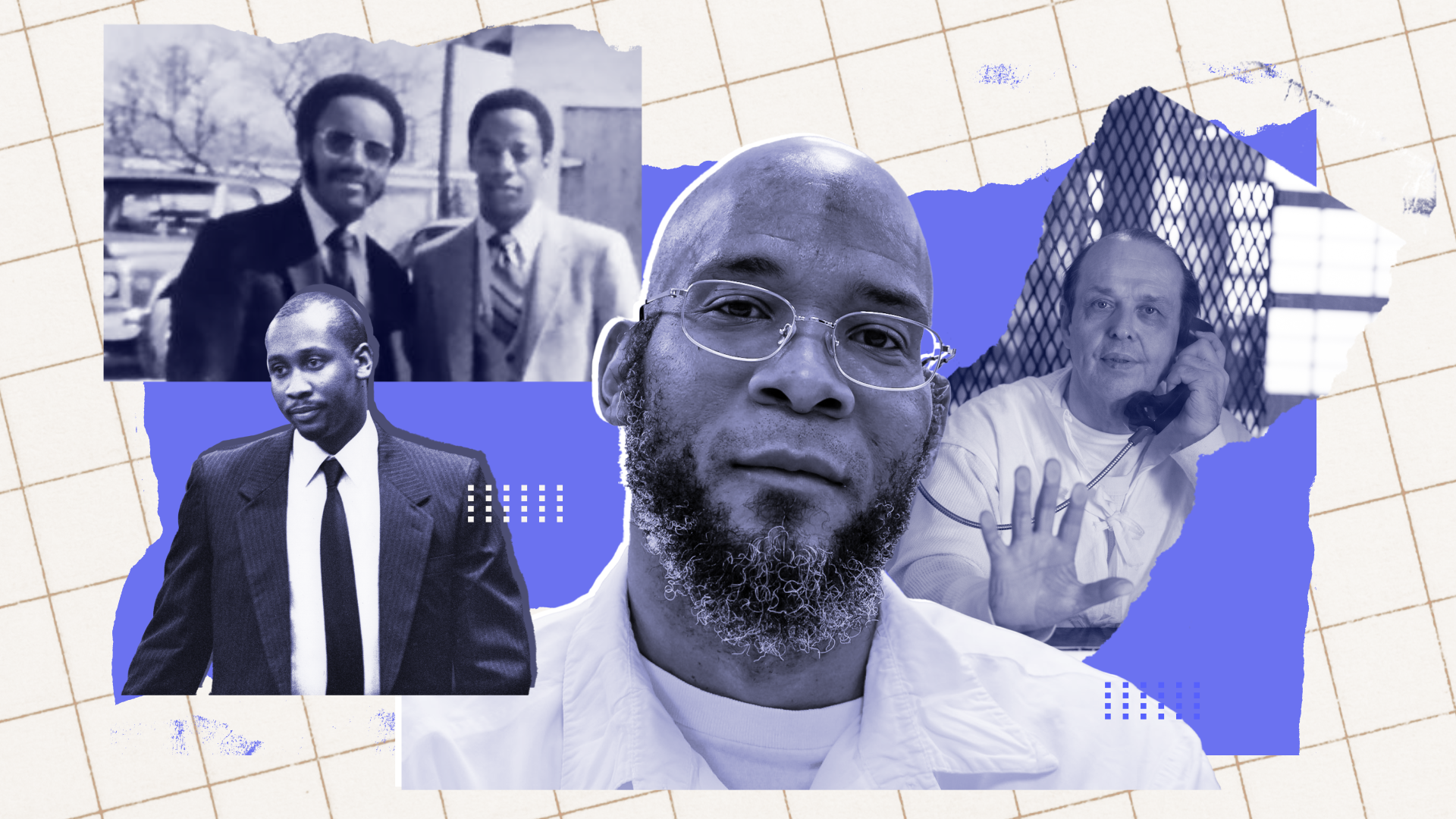
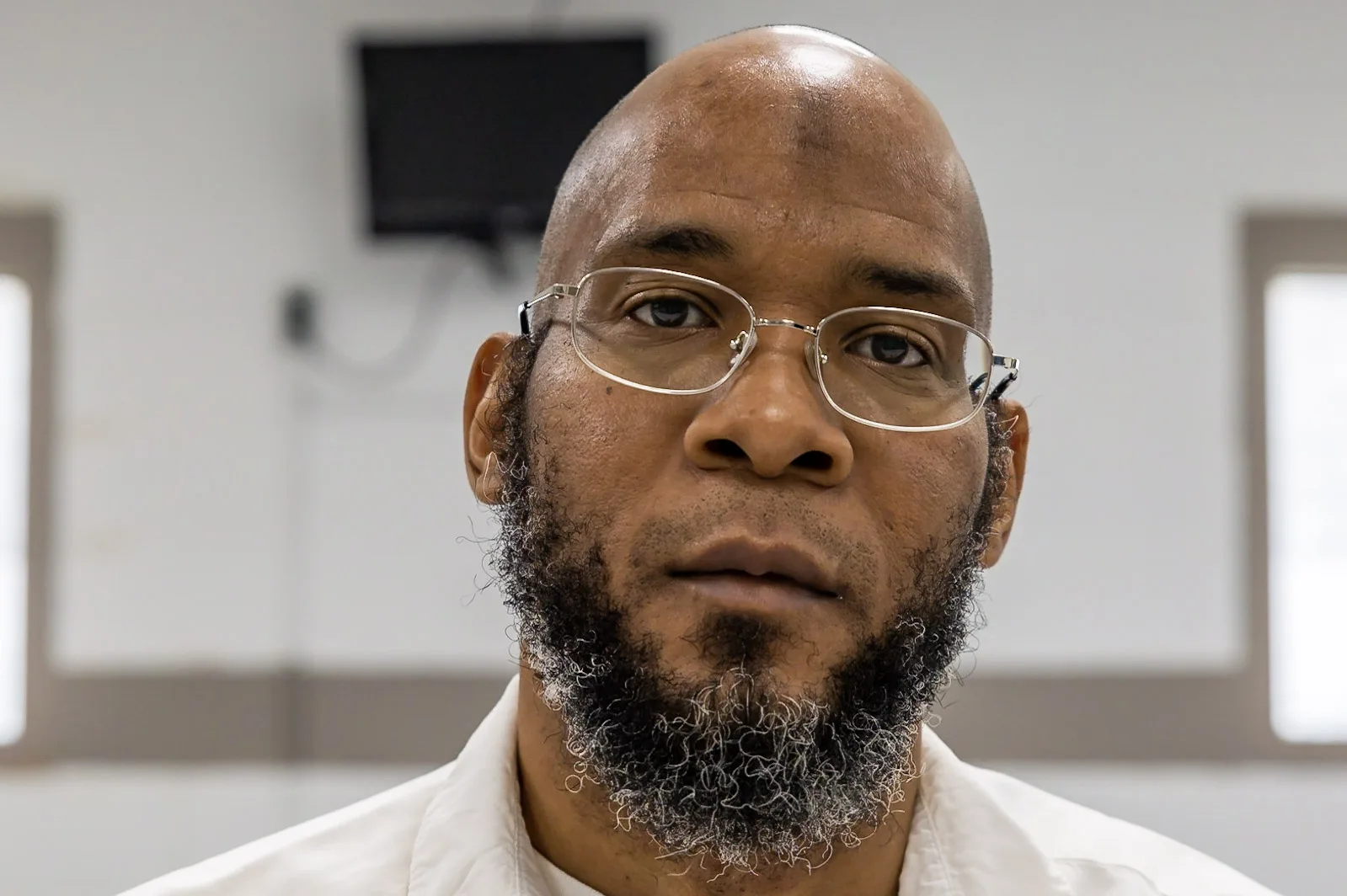
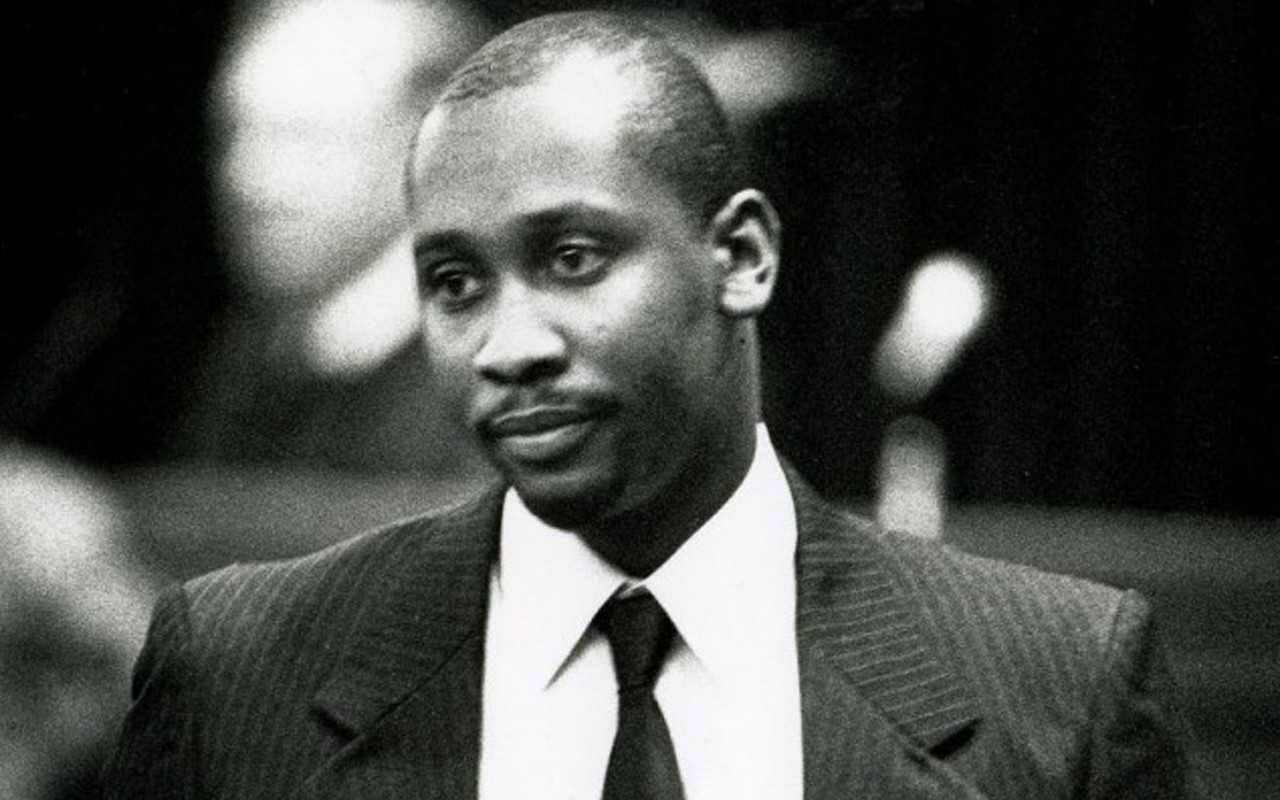
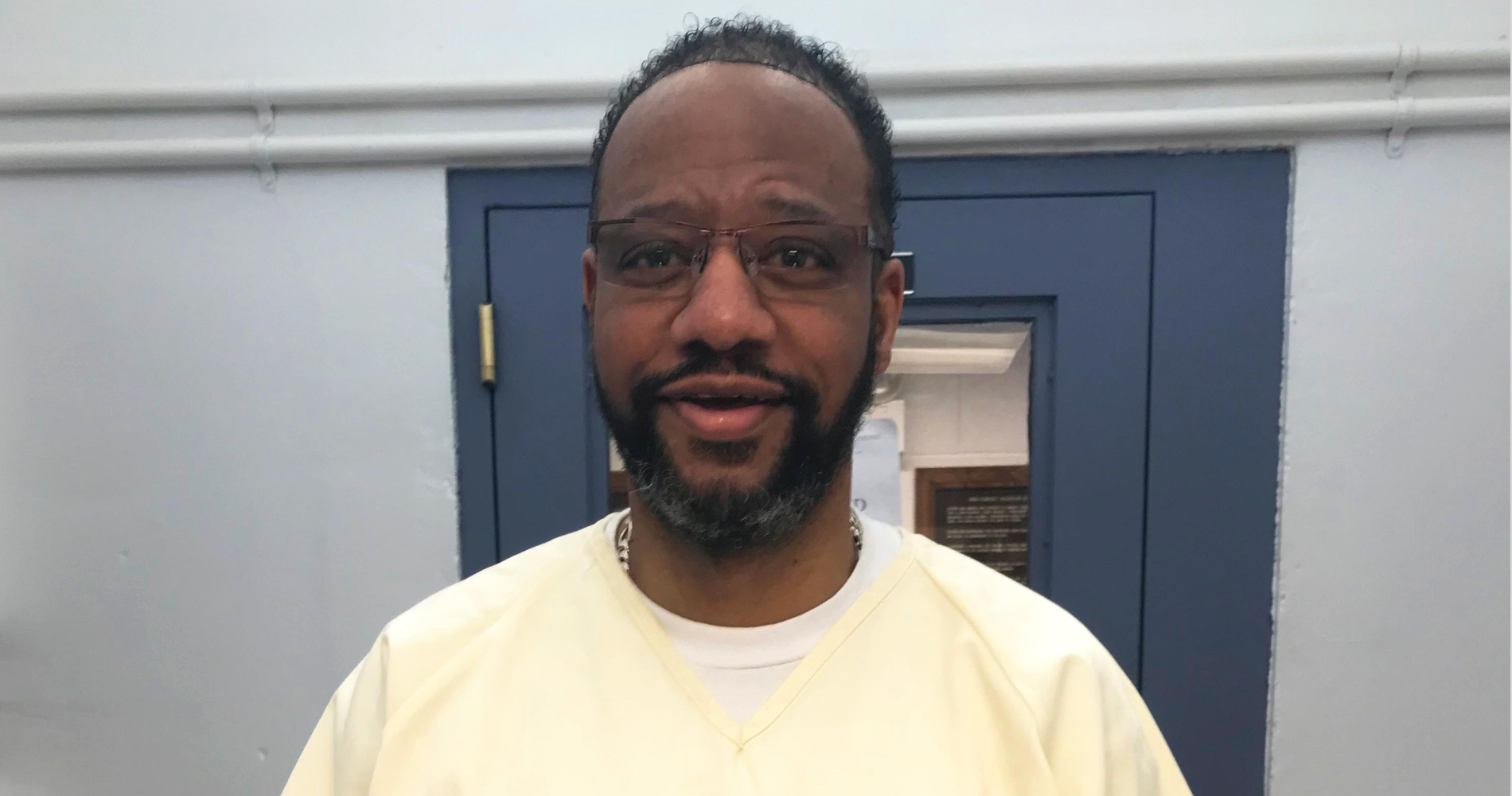
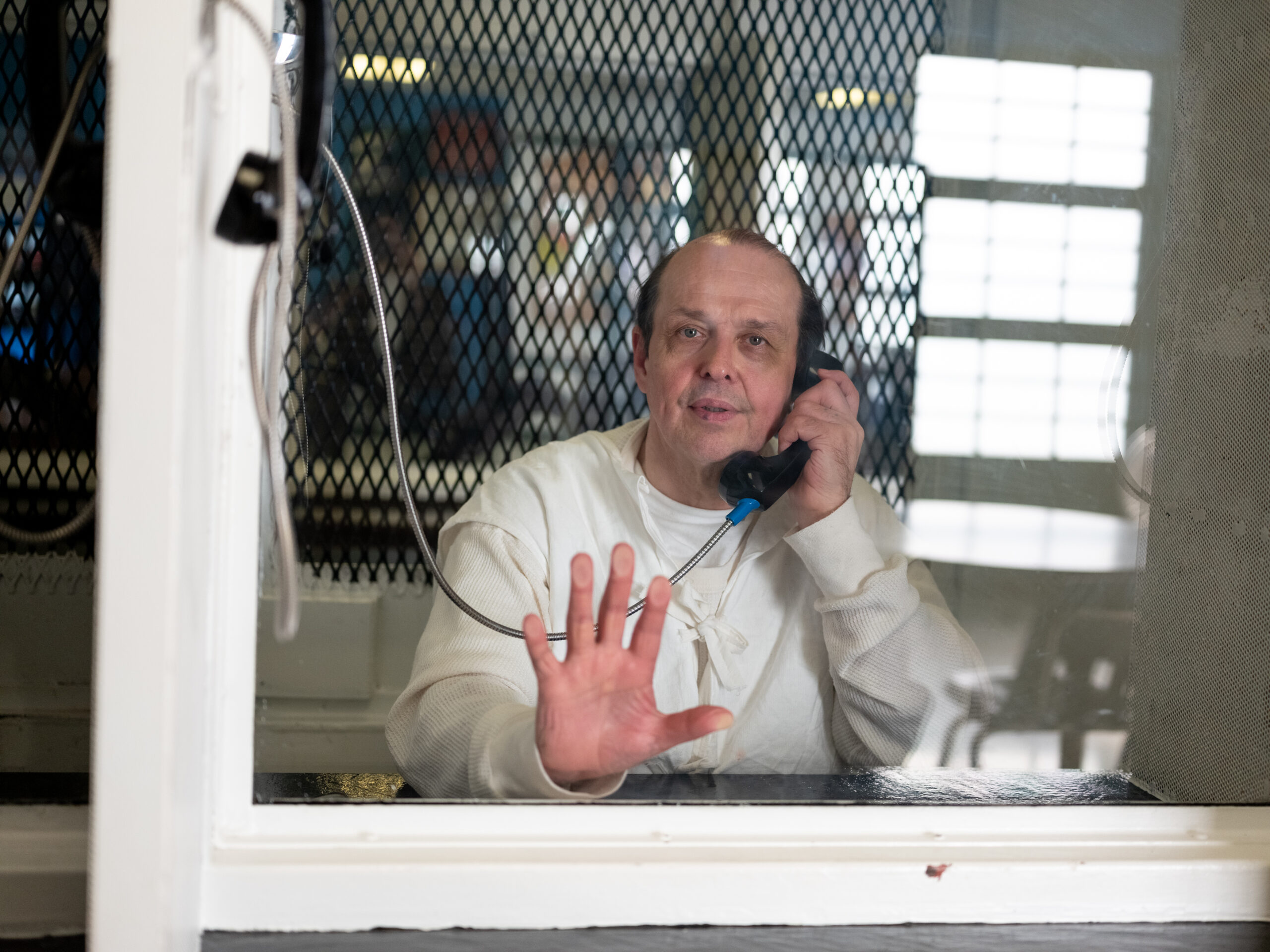
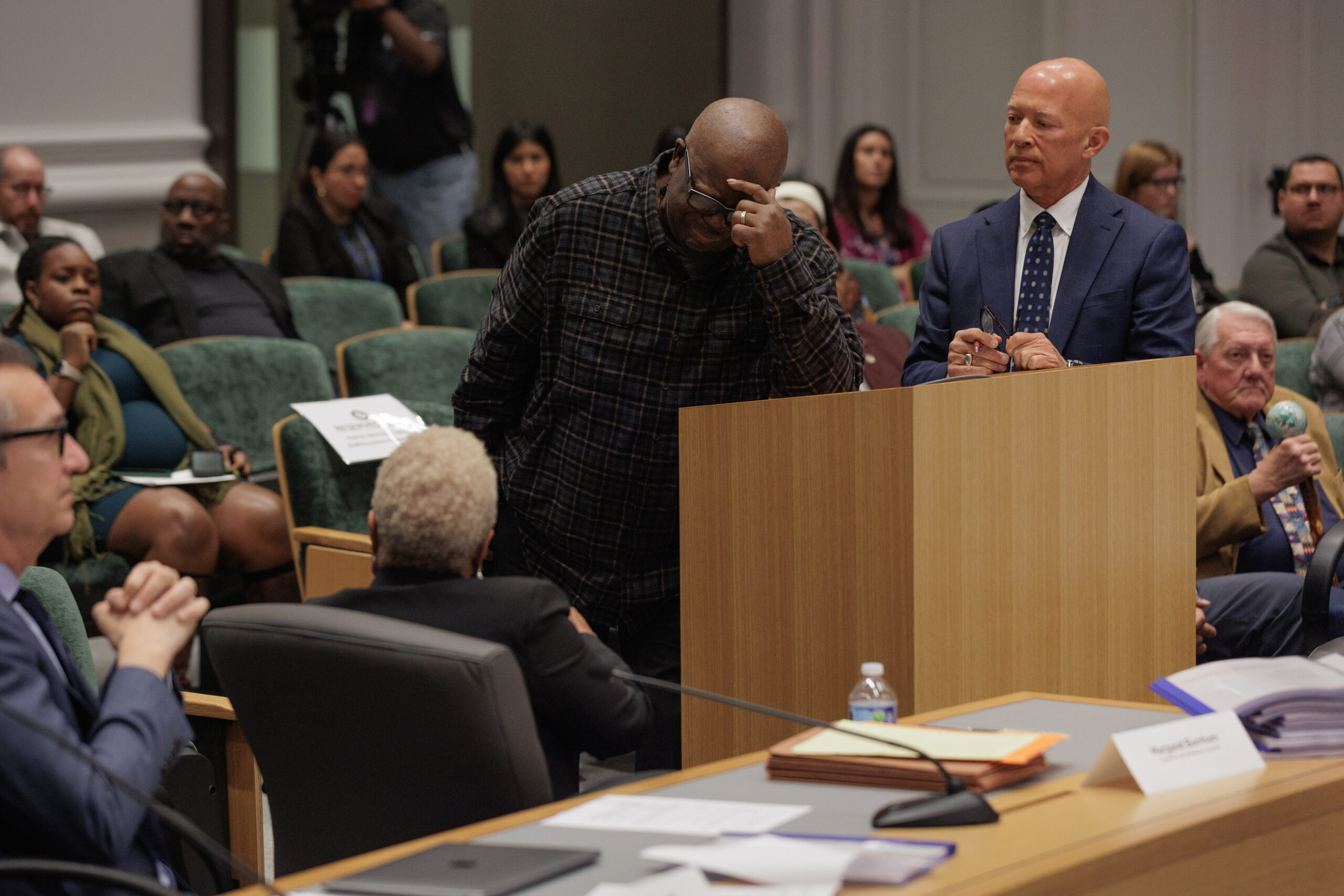
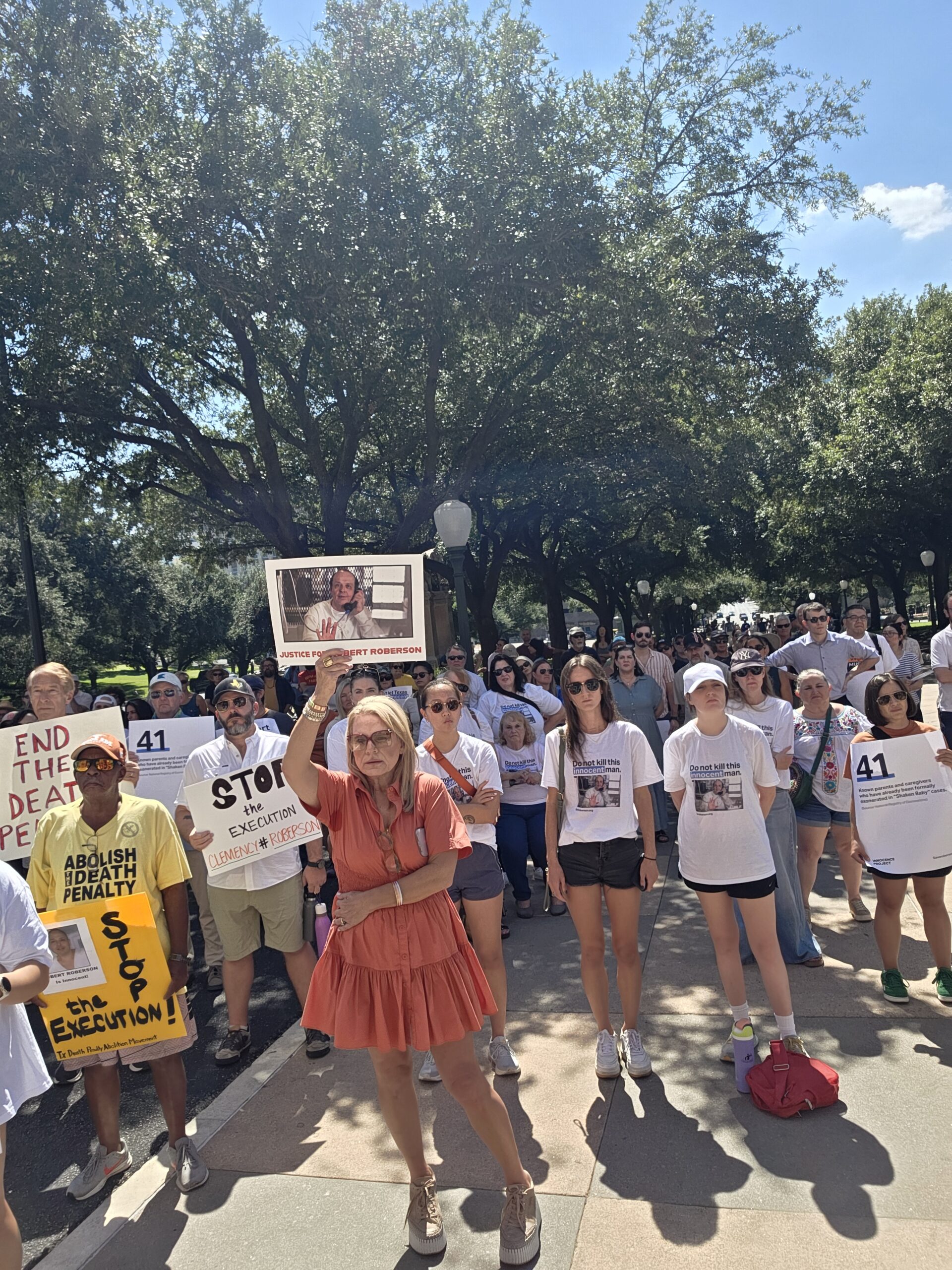
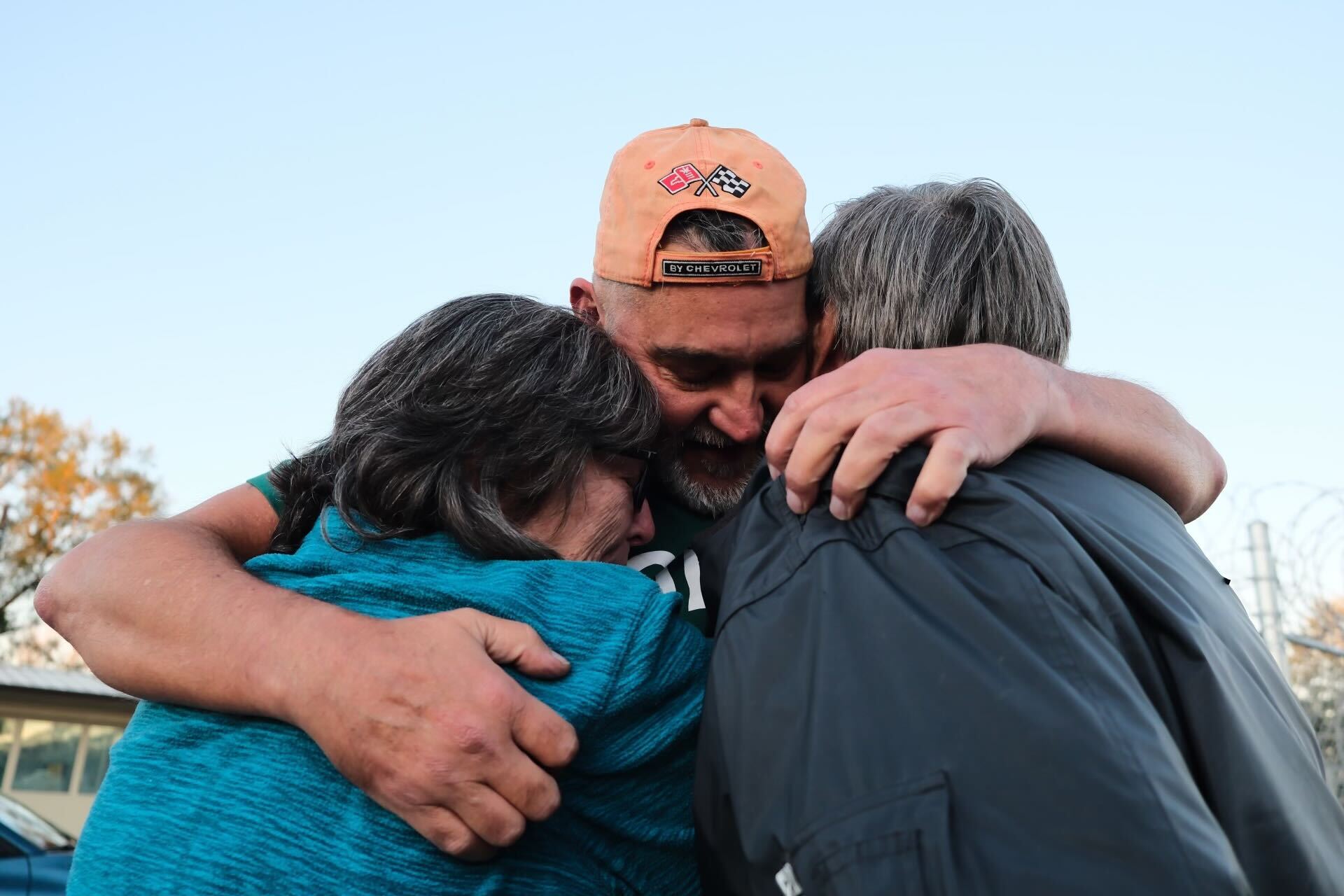
FREE ROBERT ROBERSON!!! HE IS INNOCENT